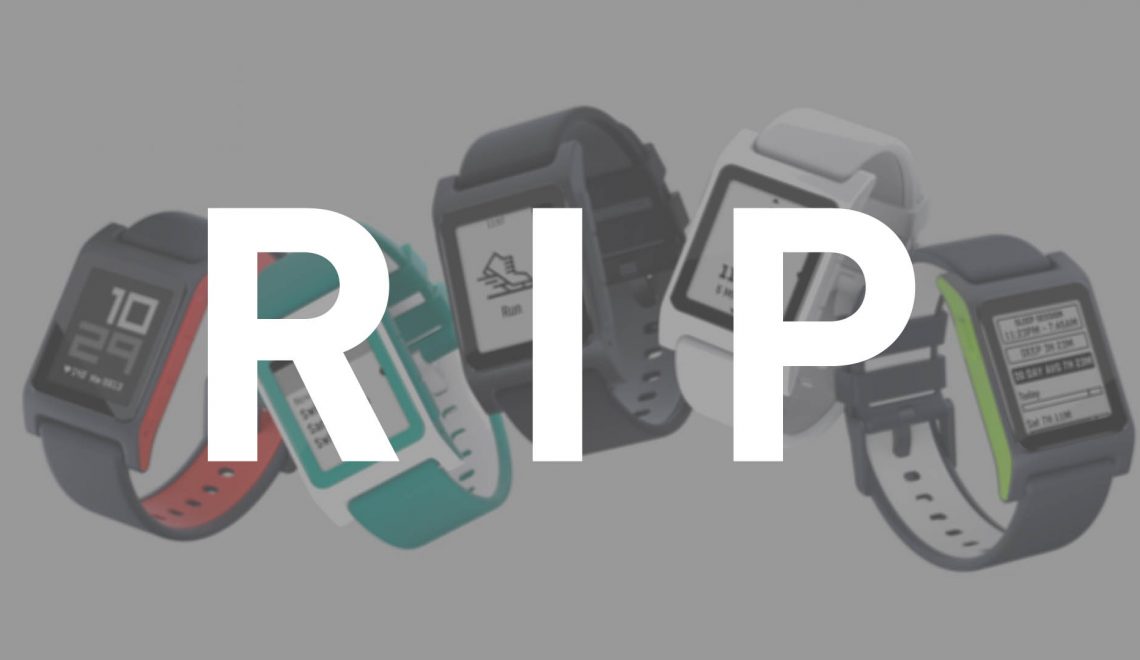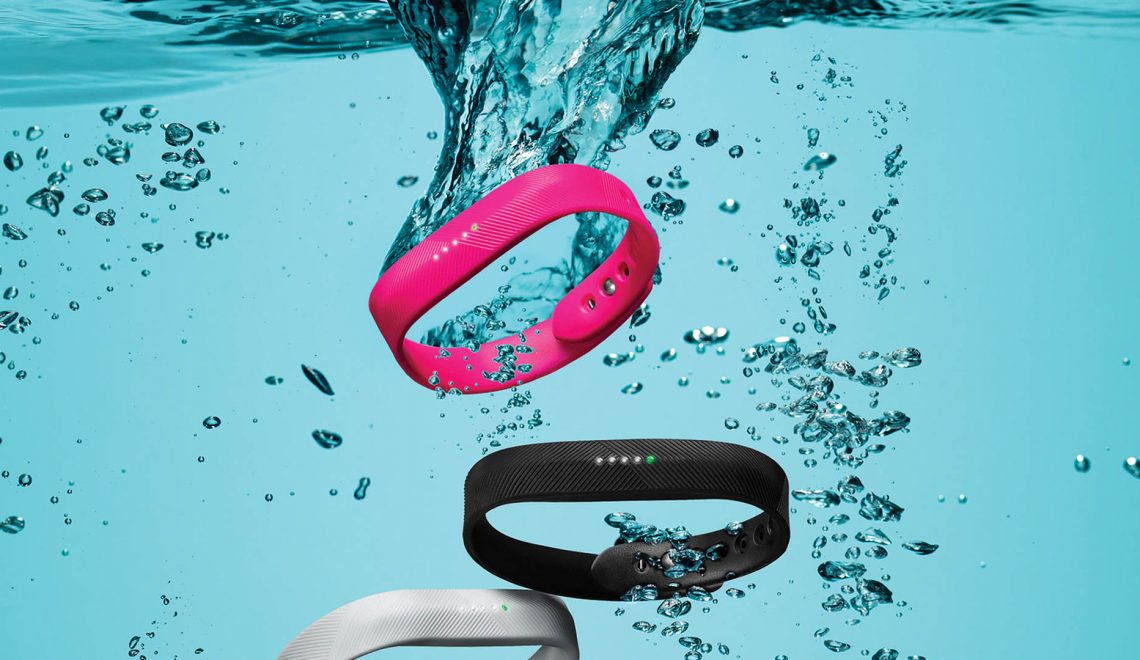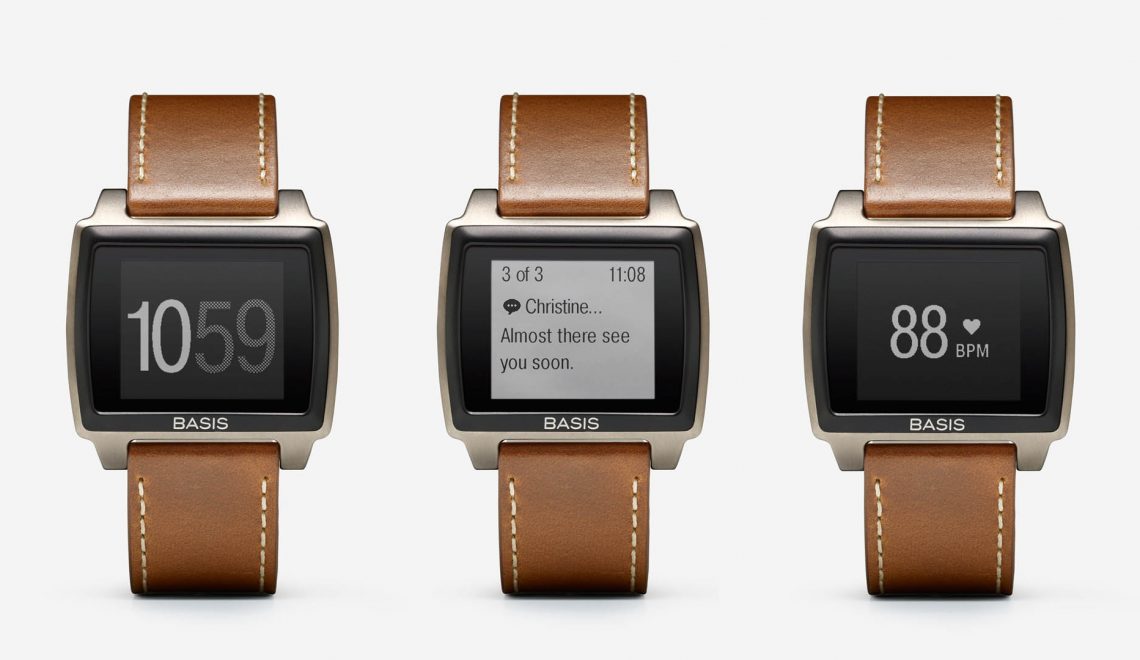Moto Gone, Fitbit Down, Apple Unsure: What Is Happening With Wearables?
After years of false starts and stalled adoption, it was beginning to look like wearables were finally finding an audience. But the past week has brought nothing but sour news making one wonder if the connected devices are nothing but a fad. First Fitbit predicted a slow Holiday quarter, then Lenovo/Motorola announced the termination of the Moto 360, next Pebble shut down and sold off its assets for a pittance, and finally IDC released embarrassingly weak 3Q Apple Watch sales numbers. What is happening? Are wearables dead or is there more to it? While we might be a bit biased, we don’t see a reason for concern, yet. Let’s take a closer look at these headlines and the health of the industry as a whole.
Continue reading








